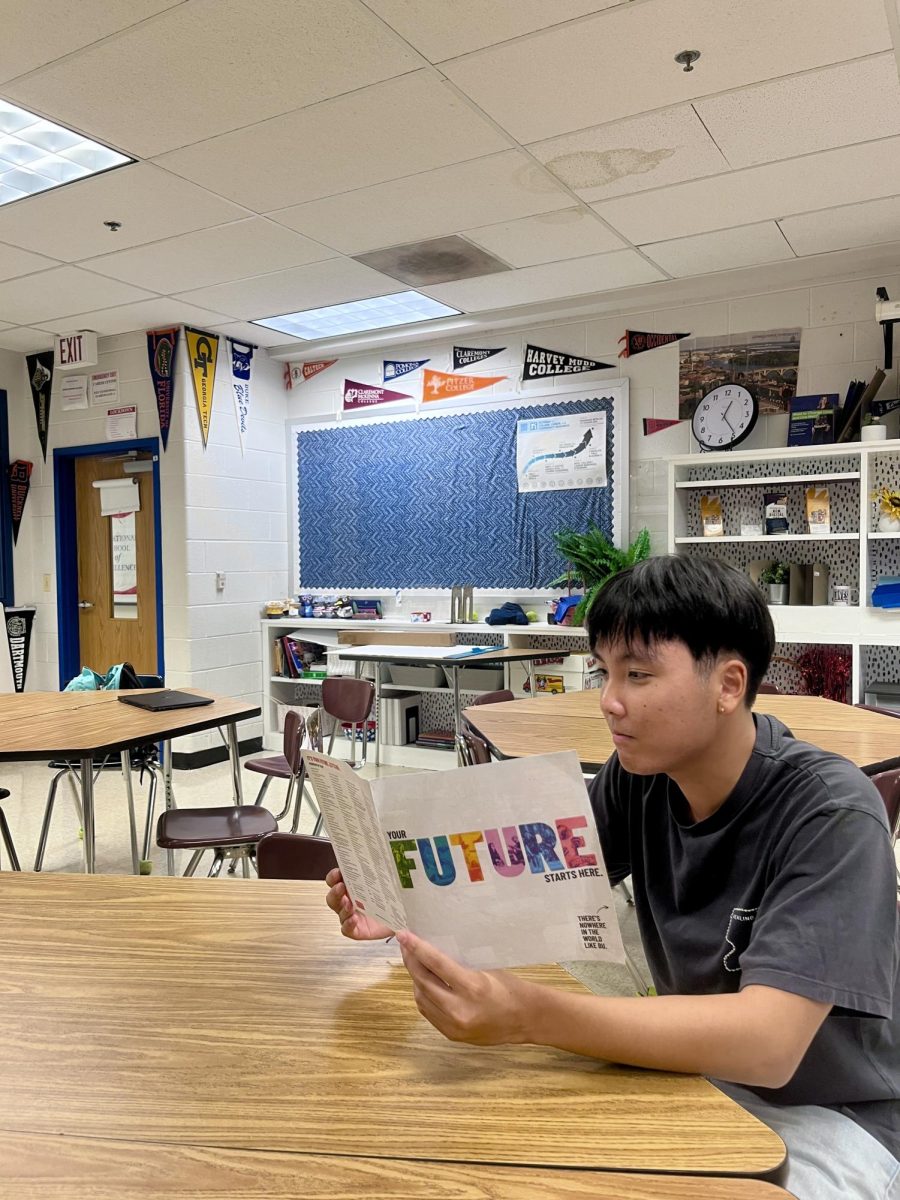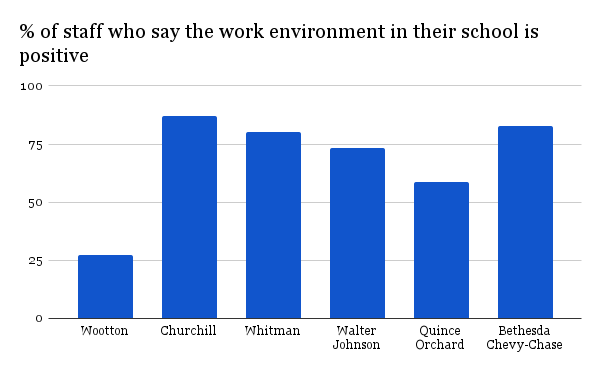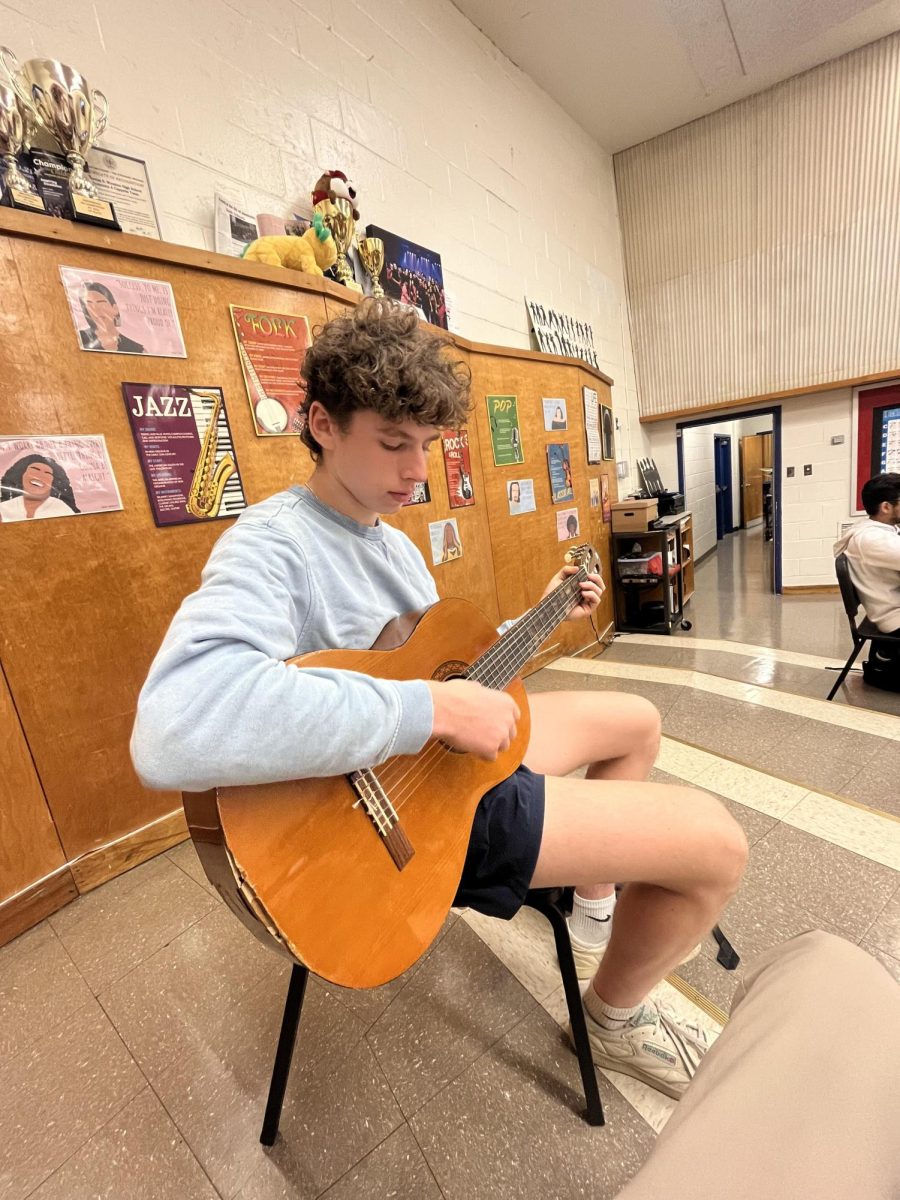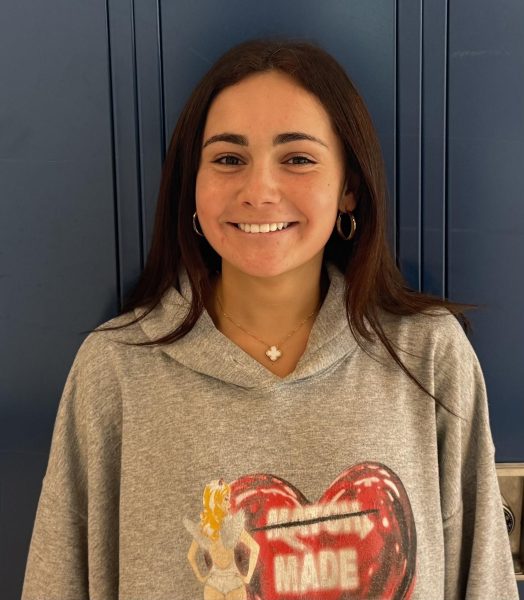By the time students reach junior year, most have built a strong connection with their counselor. After years of conversations about academics, extracurriculars and future goals, counselors often know their students well enough to guide them through one of the most stressful parts of high school, applying to college. But for the senior class this year, that might look a little different.
Of the eight counselors at this school last year, six have left. That means a majority of the senior class is entering the application process with a new counselor, who just started at this school this fall. “I have two counselors this year, I hope that will make the process easier for me,” senior Addison Purvis said.
For students who already arranged for a recommendation letter from their previous counselor last spring, the transition may be smoother. But for those who did not, the timing could be unfortunate. Seniors now have to introduce themselves to someone who doesn’t yet know their personality, strengths, or struggles, all while college deadlines are rapidly approaching. “I didn’t get to talk to my counselor about writing a recommendation for me before she left, and over the summer and beginning of the school year when I tried to reach out, she didn’t respond,” senior Siena McCarthy said.
Counselor recommendations are a required part of college applications. Unlike teacher recommendations, which focus on a student’s performance in the classroom, counselor letters provide a broader perspective. They highlight character, leadership, and contributions to the school community. Colleges may rely on these letters to understand who a student is beyond grades and test scores.
Normally, the process begins in the spring of junior year. Some counselors held meetings with groups of students to explain application timelines, request information on extracurricular activities and prepare materials for writing thoughtful, personalized recommendations. This allows counselors to gather more information and details that showcase students as individuals. “I met with my counselor last year to talk about college but I wasn’t sure if she would write my recommendation letter,” senior Justin Heller said.
When a counselor leaves, that foundation disappears. New counselors may inherit information of the student in files, but that lacks years of conversations and context that give recommendations their depth. For seniors, that can feel like a major disadvantage compared to peers from other schools, or even to classmates whose counselors stayed. “ I haven’t had the chance to let my new counselor get to know me yet,” McCarthy said.
Still, seniors are finding ways to adapt. Some have been scheduling meetings and coming prepared with what they want to tell their counselor about their personal life, as well as prepared activity lists and personal reflections, to help their new counselors write stronger letters.
Multiple counselors did not respond to requests for comment.


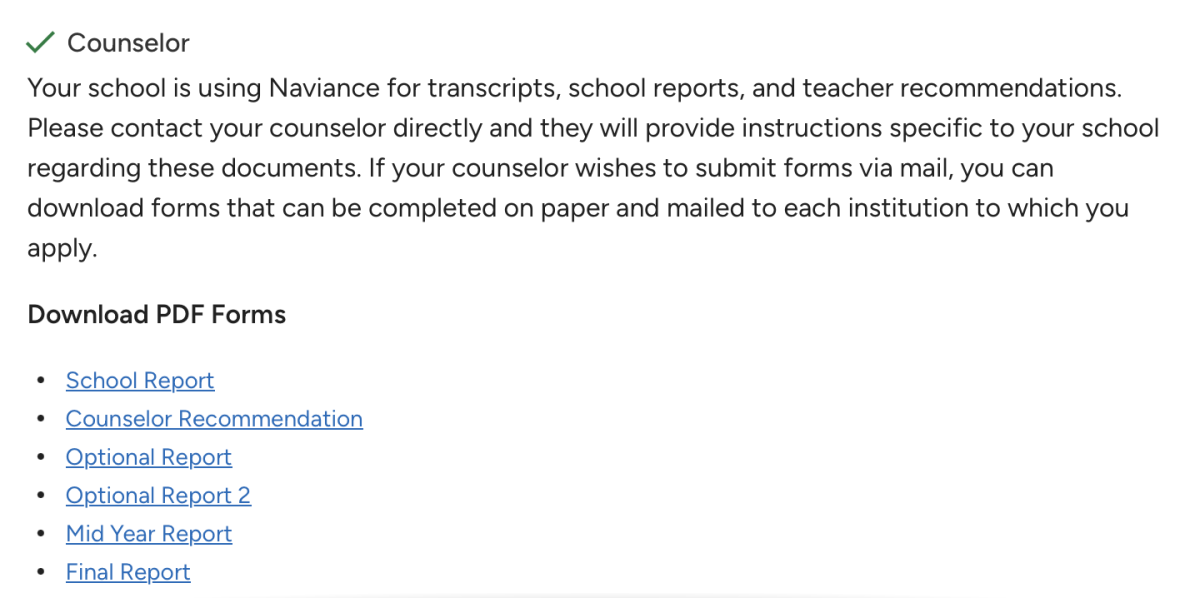


![Editors-in-Chief Ahmed Ibrahim, Helen Manolis, Cameron Cowen, Alex Grainger, Emory Scofield, Hayley Gottesman, Rebekah Buchman and Marley Hoffman create the first print magazine of the year during the October press days. “Only a quarter of the schools in MCPS have programs that are like ours, a thriving, robust program. That makes me really sad. This is not just good for [the student journalists] to be doing this, it’s good for the entire community. What [student journalists] provide to the community is a faith in journalism and that continues for their lifetimes," Starr said.](https://woottoncommonsense.com/wp-content/uploads/2025/10/wmpoFTZkCPiVA3YXA4tnGoSsZ4KmnKYBIfr18p3l-900x1200.jpg)
